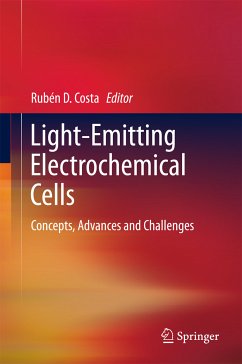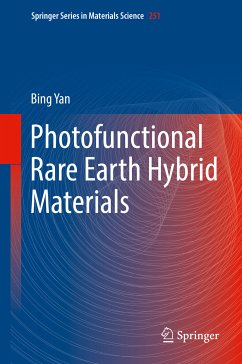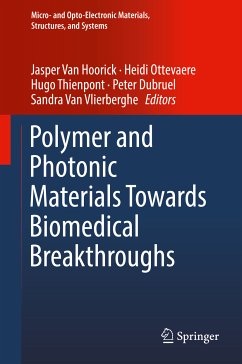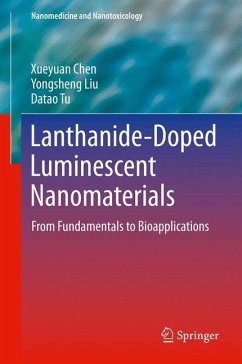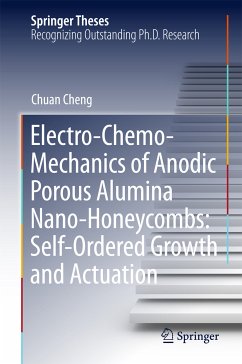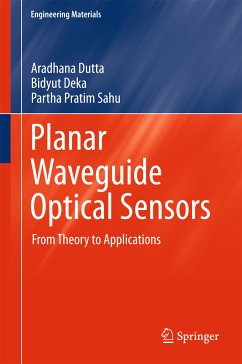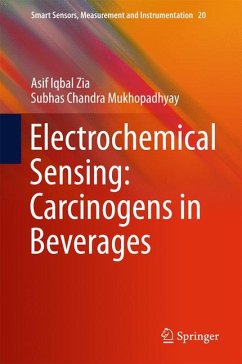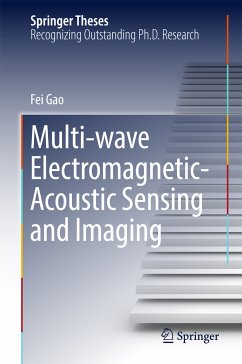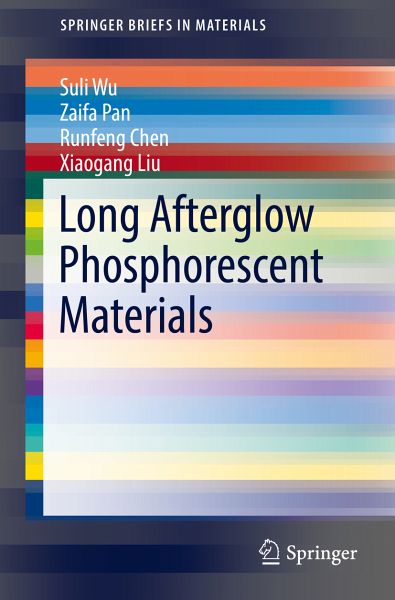
Long Afterglow Phosphorescent Materials (eBook, PDF)
Versandkostenfrei!
Sofort per Download lieferbar
40,95 €
inkl. MwSt.
Weitere Ausgaben:

PAYBACK Punkte
20 °P sammeln!
Provides a clear explanation of the mechanism of long afterglow, with focus on tailoring of properties and structure
Discusses new applications of long afterglow phosphors in the field of bioimaging
Includes detailed treatment of the state-of-the-art in surface modification of afterglow phosphors
Features extensive coverage of the most recent advances in synthesis
Highlights the key area of organic long afterglow molecules
Discusses new applications of long afterglow phosphors in the field of bioimaging
Includes detailed treatment of the state-of-the-art in surface modification of afterglow phosphors
Features extensive coverage of the most recent advances in synthesis
Highlights the key area of organic long afterglow molecules
Dieser Download kann aus rechtlichen Gründen nur mit Rechnungsadresse in A, B, BG, CY, CZ, D, DK, EW, E, FIN, F, GR, HR, H, IRL, I, LT, L, LR, M, NL, PL, P, R, S, SLO, SK ausgeliefert werden.



